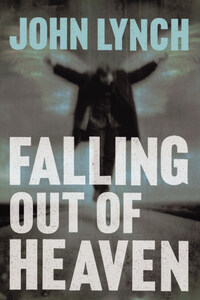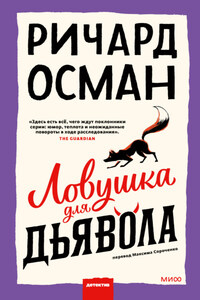He was told that he had a month. Nineteen days later he was dead. It was his back. It had been bothering him. It was strange, he told a friend, it was like someone had stabbed him. He went to masseuses and chiropractors and they bent him and pulled him like he was a bendy toy but nothing seemed to help. Eventually his wife suggested he go to a doctor. It’s nothing, he had said to her, something is out that’s all, or maybe a muscle is in spasm. Go and see a doctor, she had said. They took X-rays, they took blood. When can I have the results, he asked? You can have them now, was the reply, you see, what you have has already taken you without you realising it. The doctor then showed him the X-ray and said that his spine was rotten, that the cancer had eaten it from the inside out. There’s nothing we can do, I’m sorry. He went home and closed the curtains and sat in the dark. He counted. He began with seconds, moved on to minutes, then hours and then days until he reached a month. He spoke to his wife, he told her that he would be leaving and that she had to be strong. She demanded a second opinion, he told her that would be a waste of time, and time was something that he didn’t have much of anymore. His name was Thaddeus and he decided to work one more week at the one thing he was good at, counselling, but he didn’t say anything to any of them, he didn’t look for anything in any of his patients’ eyes. He gave as he always did. The pain stopped him after four days and after that he was given morphine and confined to bed. A Macmillan nurse was with him to the end, she was young and attentive.
It is moments since I got the news. A lot has happened since I first met him, much has changed in my life since he first stood before me five years before. A man sees his life in another’s death and as I sit here and gaze out the window of my living room I think of my own story and how it nearly broke me. The man who called me to tell me the news is a part of that time when the world splintered before my eyes. He cried as he spoke, telling me how much we all owed him. I agreed and cried too. I imagined his last days alone with the knowledge that the clock of his life was ticking down more loudly than ever before. I am sure that he faced them with courage, although you can never be sure. When my wife comes home I tell her. Come and sit down, she says. She looks at me and shakes her head; everything is going so quickly, she says. He was a good man, Gabriel, like you.
I look at her, at this woman that I nearly lost and I smile. She asks me if I’m okay. Yes, I reply, she then asks me what I’m thinking. I tell her that I am back in that hospital where I was forced to claw back what was left of my life.
‘Don’t,’ she says. ‘It’s the past…Let it go…’
But I’m no longer listening. I am back in that time when the ground rose to meet me. I am five years younger and I am falling.
I remember how the room they had put me in smelled of disinfectant and crisp sterile sheets. I was wearing a white gown. I knew that I was in trouble, that I was in a place where broken men like me came to be mended. I had lost track of time and I recall being grateful, but I also knew that there was a price to be paid, there always is when a man renounces the hand he has been given to play. They left me alone for long periods, calling in only to make me swallow a pill or to readjust my bedding. But I knew that they were never far away. I was highrisk and they were watching, they always were. When I see him now, that man lying in that white room, his mind tearing him apart, I have trouble believing that it was me, but it is something I must never forget. His forehead glistens, his mouth is dry and he craves the one thing that has almost destroyed him, a drink. He is shivering but it is not from the cold. He believes he is in danger, but he will not ask for help. He will not admit that he is beaten, no matter what they say or do to him.








